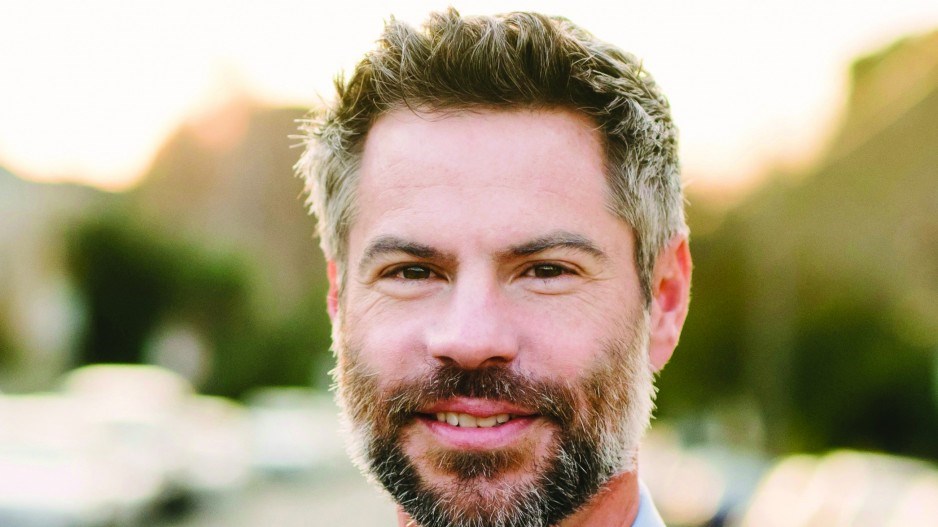In 2008, Michael Shellenberger was named to Time magazine’s pantheon of Heroes of the Environment.
An anti-nuclear, pro-renewables advocate, Shellenberger did a 180-degree reversal after one of his heroes in the environmental movement, Stewart Brand, came out in favour of nuclear power.
In 2015, he and 17 other environmentalists, economists, scientists and academics signed the Ecomodernist Manifesto, which promotes economic prosperity and technology as a means to address climate change and other environmental challenges.
Shellenberger is the founder of Environmental Progress, co-founder of the Breakthrough Institute and a contributing writer for Forbes and has appeared in a number of TED Talks.
Shellenberger spoke to Business in Vancouver about the ecomodernist movement.
Q&A
Q: What exactly is ecomodernism?
A: An ecomodernist is somebody who favours and advocates technologies that reduce humankind’s negative environmental footprint through advanced technologies, and with a focus on cities, intensified agriculture and nuclear power.
Q: When and why did this movement come about?
A: It came after several years of us basically changing our minds, not only about nuclear, but also the relative value of natural gas over coal, the importance of intensified agriculture, instead of small-scale organic agriculture, and the importance of cities as the driver of ecological modernization.
Q: What is your position on natural gas for power generation?
A: Ecomodernists are in favour of natural gas when it’s replacing coal. We’re opposed to natural gas when it’s replacing uranium. I’d like to see us exporting a lot more gas, both Canada and the United States, because we have way more of it than we can use, and hopefully it will raise the price here a little bit and take some pressure off nuclear plants.
I think it’s crazy that you would imagine that if you don’t export LNG [liquefied natural gas] that, somehow, Asian countries are going to be using solar and wind. It is struggling really badly with solar and wind especially in Taiwan, South Korea, Japan. They just don’t have enough land mass.
Q: You once advocated vigorously for renewable energy – wind and solar. Now you favour nuclear power. What is your issue with renewables?
A: One of the games that solar and wind advocates play is that they try to compare the value of solar electricity when the sun is shining, and without counting for the entire cost of a system that is heavy on wind and solar, which just requires a lot more backup power. The discussion on the cost of solar and wind is just counting the electricity when it’s being generated and not counting the cost of managing the entire grid when it’s not being generated.
Q: Can you give examples of what you mean?
A: We find there’s a very good natural experiment that has taken place – Germany and France. Germany has done a lot of renewables; France has done a lot of nuclear. France gets 80% of its electricity from zero-emission sources, mostly nuclear. Germany gets about half of that, and the Germans pay twice as much for electricity.
Q: Apart from the concerns about waste and meltdowns, one of the big arguments against nuclear power is cost. New nuclear power plants are very expensive. Why build them if wind, solar and natural gas plants are cheaper?
A: The electricity it produces over a 60-to-80-year lifetime is very cheap. The problem is that it has a large upfront cost. Nuclear over time should be, and will be, cheaper just because of the resource efficiency. Nuclear requires 6% of the materials throughput of solar farms. So nuclear should be vastly cheaper than solar. The only reason it’s more expensive is that we just have crazy levels of regulations to build a plant.
See related story.




